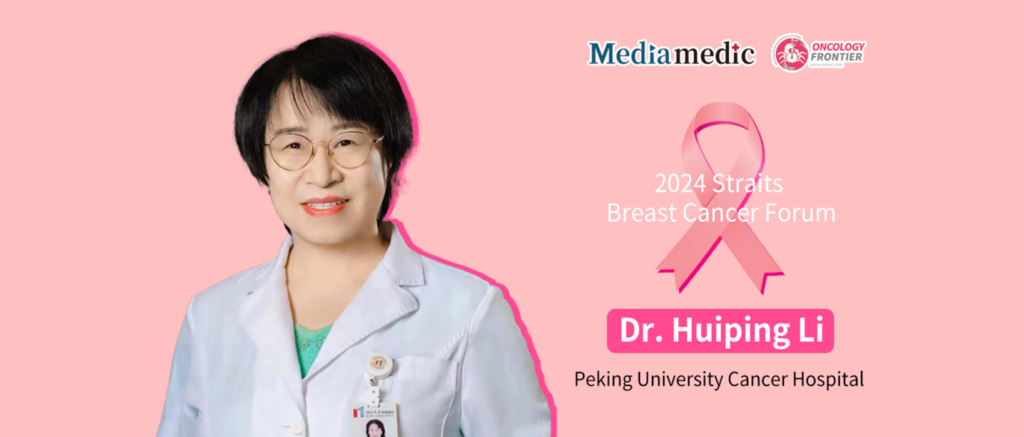From Risk-Based to Disease-Oriented Treatment: Response, Remission, and Cure in the MRD Era of Colorectal Cancer
Traditionally, decisions regarding adjuvant chemotherapy after colorectal cancer surgery have been based on a patient's risk of recurrence, determined by TNM staging and histopathological features. However, emerging evidence suggests that these guidelines, in place since 2004, may not be the most effective approach and could be inadequate. In fact, surgery alone has already achieved high cure rates, preventing recurrence in 80% of stage II and 50% of stage III patients. Although adjuvant chemotherapy moderately improves disease-free survival (5–10% in stage II and 15–20% in stage III patients), many patients are exposed to unnecessary toxicity. Notably, even with adjuvant therapy, 15% of stage II and 30% of stage III patients still experience recurrence. This growing evidence highlights the relatively limited absolute benefit of adjuvant chemotherapy. Precisely predicting which patients will benefit from adjuvant therapy remains a significant challenge, underscoring the importance of developing more accurate biomarkers to guide treatment decisions.








